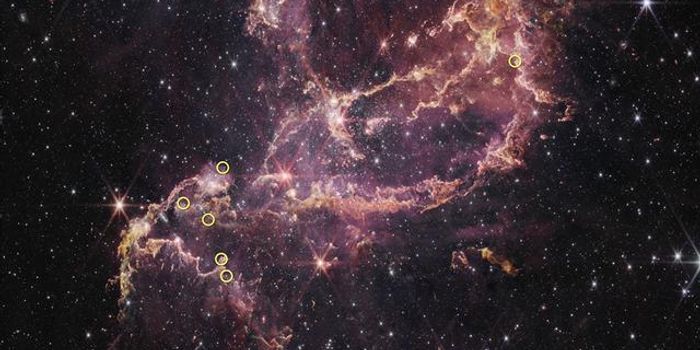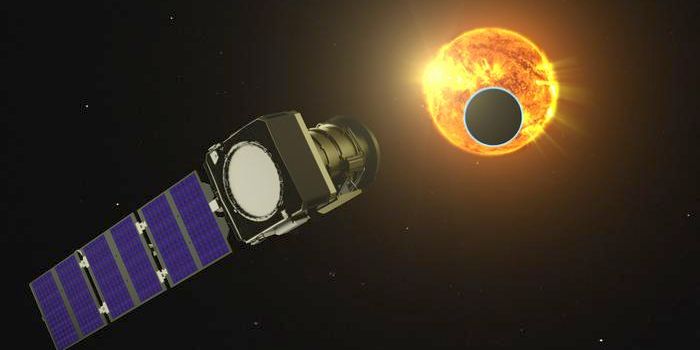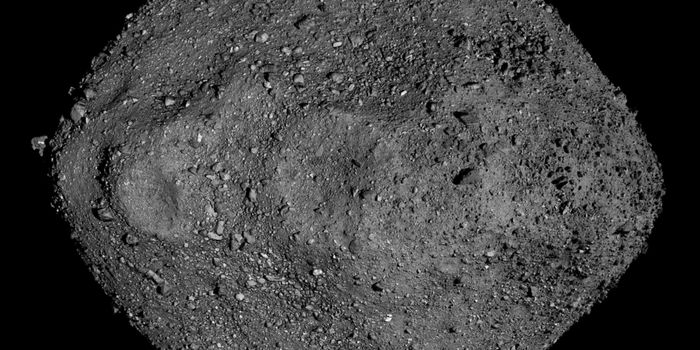Jupiter's Formation Wasn't Smooth Sailing, Study Suggests
Jupiter is the largest known planet in the entire solar system, and planetary scientists have been debating about how it formed for as long as we can remember. But new research published this week in the journal Nature Astronomy may offer some of the best insight yet.
Image Credit: NASA/JPL-Caltech/SwRI/MSSS/GeraldEichstaedt/Sean Doran
According to the paper, which describes Jupiter’s formation in multiple phases, a series of disturbances caused by kilometer-sized planetesimal impacts delayed the planet’s eventual formation by up to two million years.
“During the first stage, the pebbles brought the mass,” said Yann Alibert, the paper’s lead author. “In the second phase, the planetesimals also added a bit of mass, but what is more important, they brought energy.”
Related: Check out the light shows being emitted by Jupiter's poles
During its infantile stages, Jupiter had a great start. It began accreting an innumerable amount of smaller pebbles to create a larger planetary core. From then on, Jupiter should have had the mass required for rapid gas accretion, but the kilometer-sized planetesimals soon arrived to spoil the fun.
While it only took around one million years for Jupiter to develop a core equivalent to 20 Earth masses, this pace wouldn’t last long. The excess heat and energy produced by the planetesimal impacts prolonged the accretion process, preventing Jupiter’s core from realizing 50 Earth masses for another two million years after the impacts.
"We were very puzzled, since from our experience it looked impossible that a core of 20 Earth masses could accrete gas at such a slow rate as suggested," Alibert said.
Related: Juno shows that Jupiter's massive atmospheric storms run deep
But with so much heat and energy resulting from the planetesimal impacts, Jupiter’s core didn’t undergo the necessary cooling and contraction stages until much later, which explains the delay in accreting gas.
"The ability to accrete gas does not depend only on the gravity, but also on how much the atmosphere is able to cool and contract," added Julia Venturini, a co-author of the paper.
If Jupiter’s core never encountered these planetesimals and the consequential heat, then the planet may have been able to accrete gas more quickly than it did.
While the research provides some fascinating insight into the matter concerning Jupiter’s formation, the result is still just another theory. With so many opinions on the table already, it will likely be a topic of debate like others before it.
Jupiter’s formation remains a significant mystery because no one was around to witness it, but there is a seemingly endless trail of clues floating around in the solar system can help tell its story.
It should be interesting to see whether future studies conform to this idea or refute it. But only time will tell…
Source: University of Zurich, Nature Astronomy









